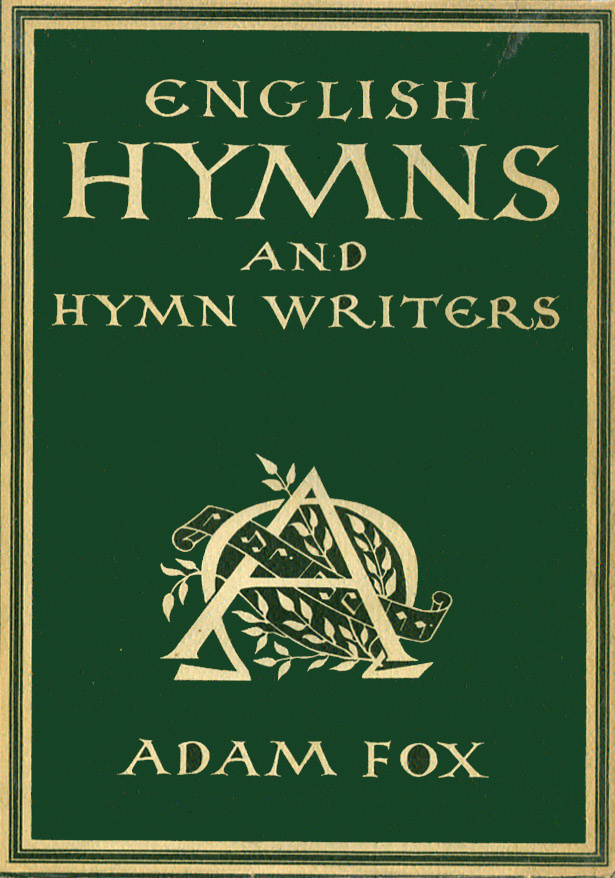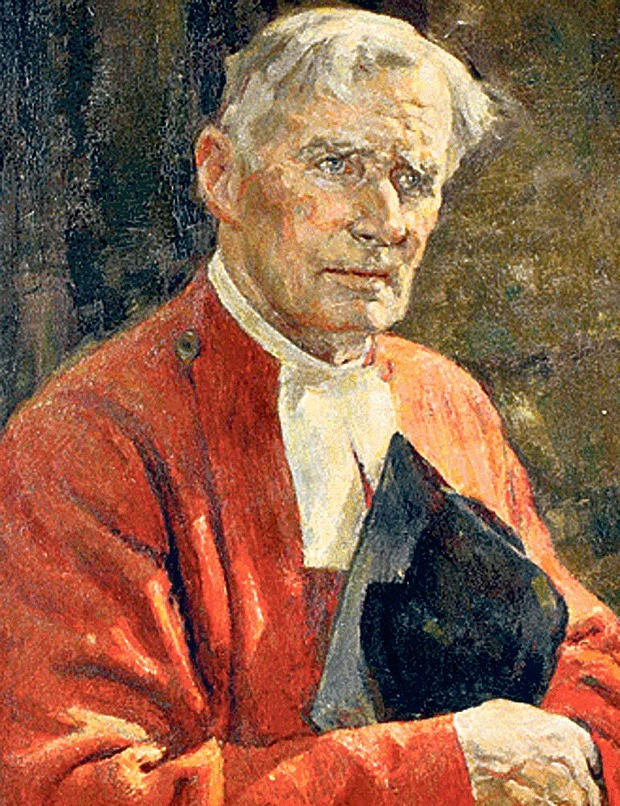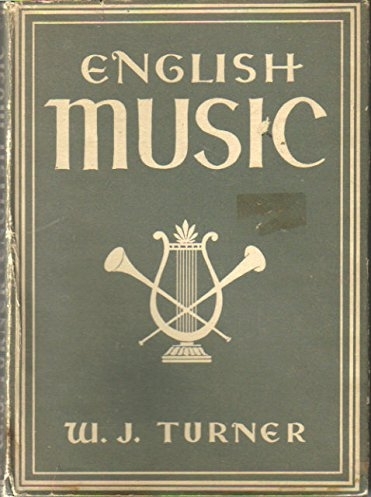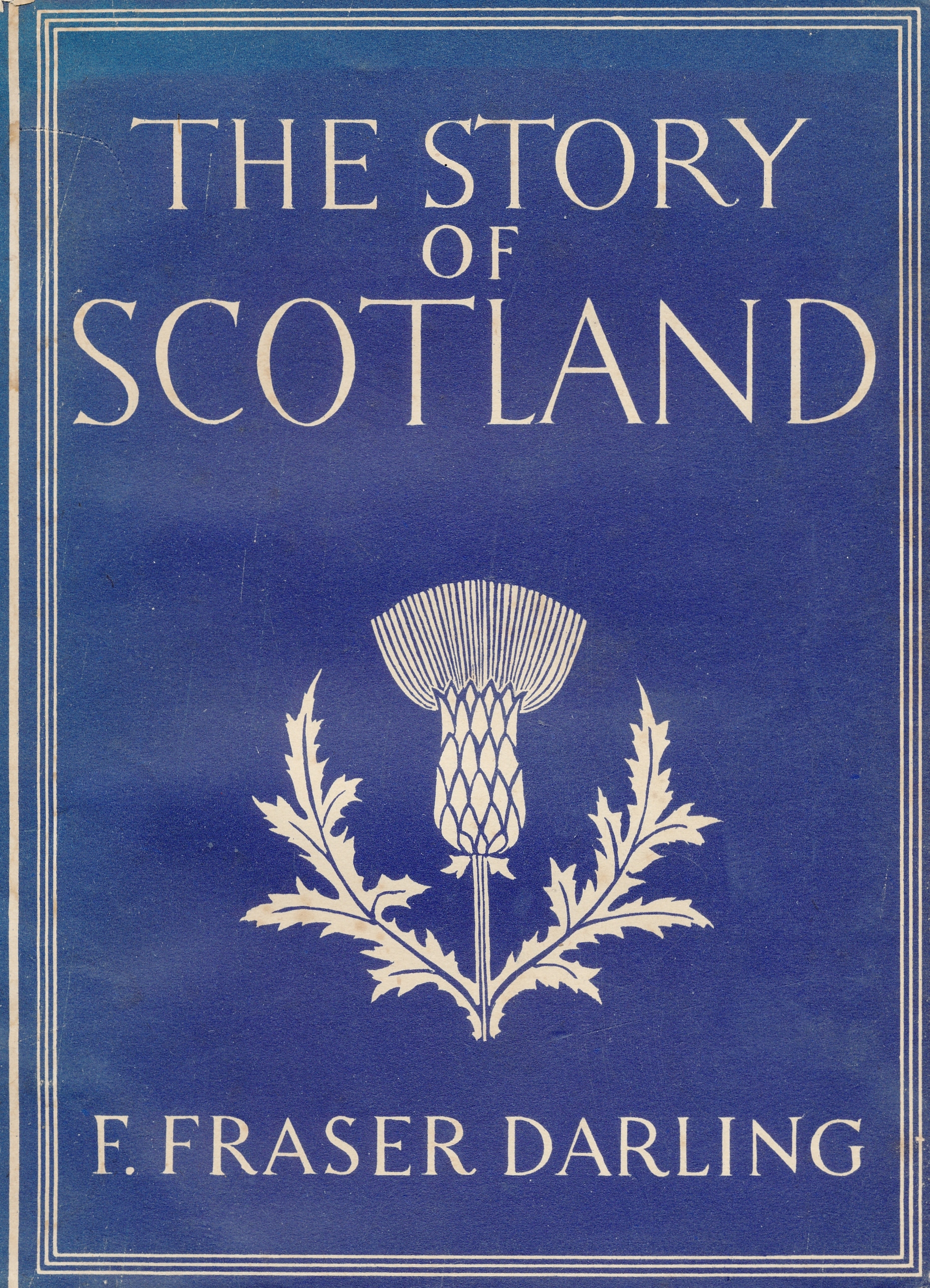
Part of Series
Part of the Britain in Pictures series published between 1941 and 1948 in an effort to boost morale and instill pride in a national identity during the war and early post-war years. Over 130 volumes were planned but only 126 actually appeared. The list of authors was an impressive who's who of the literary, political and arts communities of the time. In this volume, the author traces the development of the English hymn and hymn books with a brief account of the men and women who contributed to Britain's national institution of Hymn Singing.
Author

Adam Fox (1883 – 1977), Canon, was the Dean of Divinity at Magdalen College, Oxford. He was one of the first members of the "Inklings", a literary group which also included C.S. Lewis and J.R.R. Tolkien. Between 1938 and 1942 he was Professor of Poetry. Later he became Canon of Westminster Abbey and he is buried there in Poet's Corner. He was also Warden (Headmaster) of the famous Radley College. During his time at Oxford, he wrote his long poem in four books "Old King Coel". It gets its name from King Cole, legendary British father of the Roman Empress Helena, the mother of the Emperor Constantine. As Professor of Poetry, Fox advocated poetry which is intelligible to readers, and gives enough pleasure to be read again. This was important to him because poetry which is not re-read will not be understood properly, and will therefore be irrelevant. This advocacy can be understood as a criticism against some forms of modern poetry. Although not considered one of the most important "Inklings", Fox's works are still of interest, particularly those concerning Christianity and Platonism. In his 1945 Plato for Pleasure, he tried to introduce the general public to Plato. Fox wished to make Plato well known among the English Classics once again and hoped that people would study the platonic dialogues, as well as the plays of Shakespeare. His biography of William Ralph Inge, the famous theologian, philosopher and Dean of St. Paul's Cathedral, is still regarded as an important text and was awarded the 1960 James Tait Black Memorial Prize soon after its publication.


